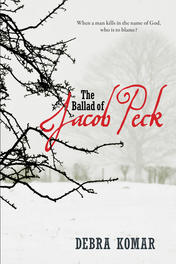Criminals & Outlaws
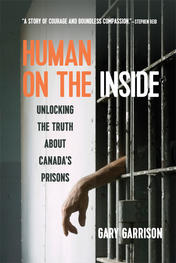
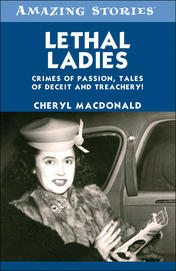
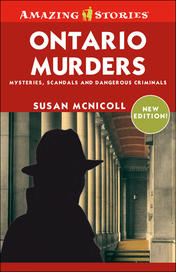

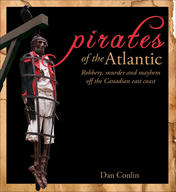
Pirates of the Atlantic
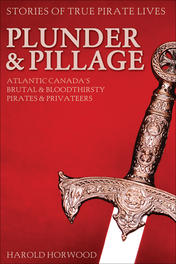
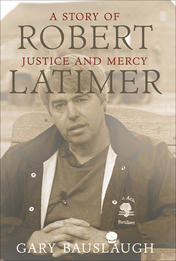
Introduction
Blessed are the merciful, for they shall obtain mercy.
Matthew 5:7 (King James Version)
One reading of this famous passage from the Bible is that by being merciful we shall receive God's blessing and mercy in an afterlife. But the passage, in its beautiful simplicity and sentiment, has a different but equally compelling meaning for secularists.
The merciful are blessed, in a secular sense, because they enrich human life both in the way their acts of kindness help others and in the way they show us the better side of humanity. Although the merciful do not always obtain mercy directly, as this book will illustrate, they do show us the possibility of a kinder and more compassionate world..
Mercy evokes powerful human feelings. One of the most compelling scenes in theatrethe audience always gasps at this point in stage productionsoccurs when the Bishop in Les Misérables encounters the officer who has apprehended Jean Valjean with silverware stolen from the Bishop, after the Bishop had taken in this poor man and trusted him. The Bishop, rather than denouncing the ungrateful thief, tells the officer that he gave Valjean the silverware, then adds some silver candlesticks to the gift.
In The Merchant of Venice, Portia's moving speech on the quality of mercy is one of the most quoted in all of Shakespeare:.
The quality of mercy is not strain'd.It droppeth as the gentle rain from heavenUpon the place beneath: It is twice bless'd;It blesseth him that gives and him that takes We share a human desire to live in a world marked by kindness and compassion, even though our actual world so often seems otherwise. Perhaps that is why we treasure particular moments of human kindness; they remind us of how we would like to be, and how we would like the world to be.Ending the life of another human usually represents the opposite of the kindness and compassion we value so highly. Most such actions are correctly called murder; they are committed with malice, and they are reprehensible. But on occasion the ending of a human life is done not out of malice, but out of love and mercy. These cases are the opposite of those that are malicious; they represent courageous acts of human love and kindness. Such acts of mercy are not murder.For various reasons, some of which will be discussed in this book, our legal system in Canada fails to provide sufficient opportunity to make the critical distinction between selfless acts of mercy and cruel acts of murder. The one serves the interest of a dying person; the other is directly contrary to the interests of a living person. One serves to make a more compassionate society; the other the opposite. In a truly just society, we would try very hard not to conflate these two actions, which arise out of completely opposite motivations.In Canada, do we try very hard to make the critical distinction between murder and euthanasia? And do we have effective mechanisms for making this distinction? In 1993, Robert Latimer, a Saskatchewan farmer, ended the life of his desperately ill daughter and for the following seventeen years has been entangled in legal proceedings that included seven years of imprisonment. Convicted of second-degree murder, he will be on parole for life.There is no perfect system of justice, and there never will be. But justice systems must always seek justice; that is their purpose. Laws, and the administration of laws, must therefore be continually monitored and modified as legally sanctioned injustices become evident. The legal profession is fond of saying that "hard cases make bad laws," implying that we can't build a legal system on unusual and difficult cases. But it is at least as true to say that bad laws make hard cases. We cannot skew the legal system to account for highly unusual cases, but equally we cannot back away from changing laws when they are evidently unjust. And if existing laws lead to injustice, those administering the laws ought to seek ways of mitigating the impact of those laws. Acts of mercy are not acts of murder, whatever the laws happen to say. Bad laws, and strict adherence to those laws, make hard cases because they trap law enforcement officials into taking actions that are manifestly unfair.The prosecution of Robert Latimer was a hard case because it was widely understood that he was not a criminal; that is, he did not act with criminal intent. Even those involved in his prosecution at times acknowledged this: the Crown Prosecutor in Latimer's second trial case said, in his summation, that Latimer had been "motivated by love, and I don't dispute that for a second." It is a bad law that leads to punishing an act of love with the same severity as we punish a malicious act of murder.In this book, I discuss the Latimer case from the particular vantage point I have had in knowing the man and talking to him extensively over the past five years; from discussions with many of the people involved in his case, including his defence lawyer; from transcripts of various proceedings; from attending his momentous parole hearing in 2007; and from subsequent involvement in the consequences of that hearing. I also reflect on the ways that such cases illustrate both certain threats to our civil liberties, in the application of existing laws, and the need for new, more humane laws.Do the merciful obtain mercy? I will let you be the judge.
